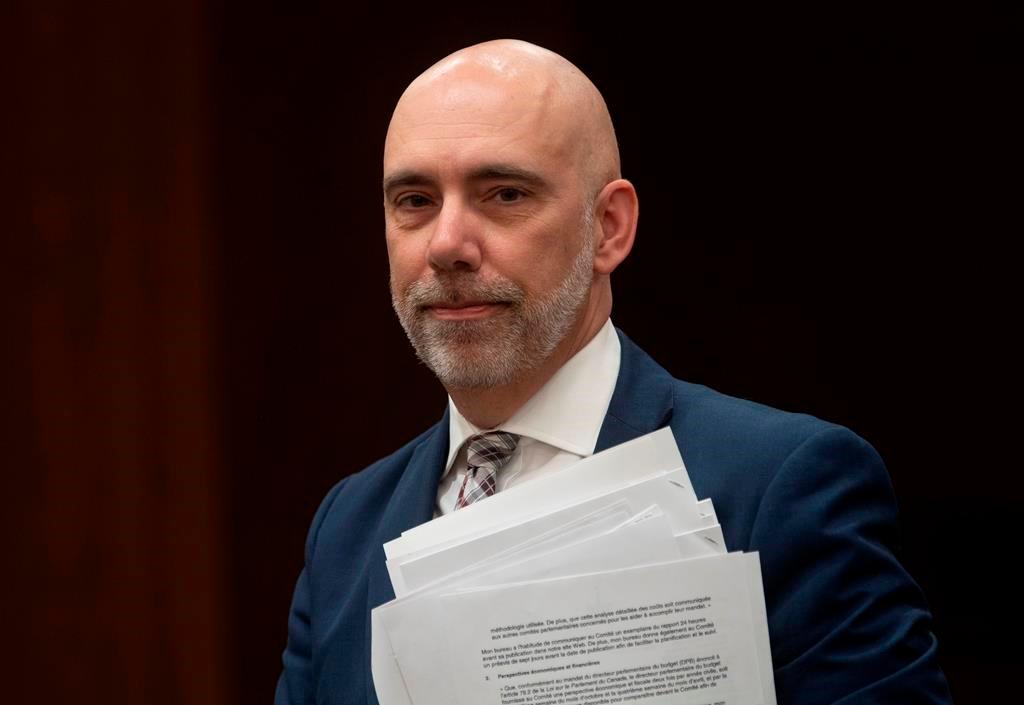More than half of Canadians are not comfortable with transgender policies, from sports participation based on “gender identity” to hormone treatment for minors, according to a recent survey.
The Nanos Research and CTV News survey reveals that most Canadian adults feel some discomfort with the policies, with 64 percent having at least some discomfort with students changing their names or pronouns at school without their parents’ knowledge.





